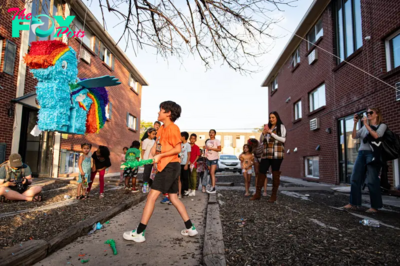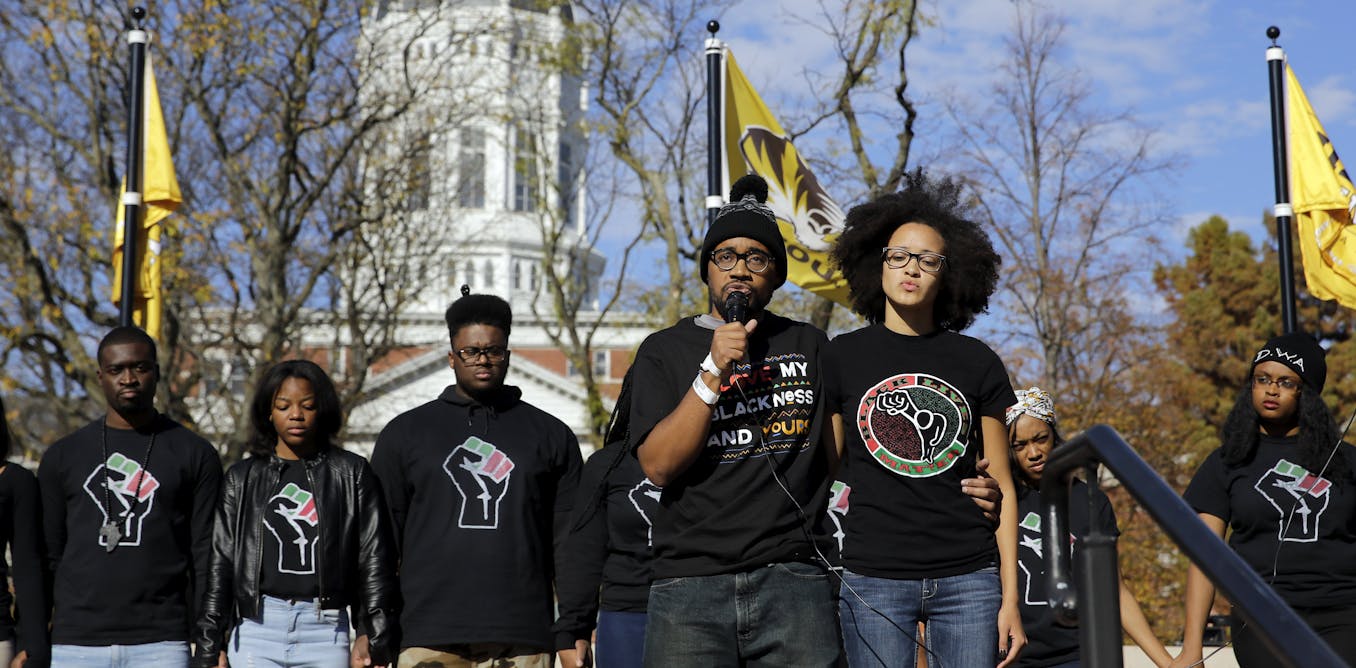Education
Here’s what happens when a school is located near a cannabis dispensary
As more states legalize marijuana, researchers are examining the effects of legalization on society. Angus Kittelman, an assistant professor of special education at the University of Missouri-Columbia, and Gulcan Cil, a senior statistician at Oregon Health & Science University, decided to look at the effects of cannabis dispensaries being located near schools. They discuss their research in the following Q&A with education editor Jamaal Abdul-Alim.
Is it bad when a school is located near a dispensary?
Yes, it’s not good for a couple of reasons. When cannabis dispensaries are near middle schools, students are more likely to receive office discipline referrals for substance use. When students get sent to the office, they lose valuable instructional time in the classroom.
Adolescent cannabis use is also associated with many negative Health effects, such as poorer cognitive functioning and increased risks for developing mental Health or substance use disorders. Students who use cannabis are also less likely to complete high school or go to college.
With the legalization of recreational cannabis sales in many U.S. states, there are more cannabis outlets and greater access, which can be concerning for families and schools. In our recent study, for example, we found that the number of office discipline referrals for substance use increased in middle schools after legalization of recreational cannabis in the state of Oregon in 2015. But this increase was only when there were recreational outlets within a 1-mile radius of the schools.
Middle school students receiving an office discipline referral for substance use is relatively rare. An average middle school had three to four referrals of substance use per year. But those near an outlet experienced a 44% increase after legalization and had one to two additional referrals on average each year.
What’s causing the increase in referrals?
Great question. We analyzed student substance referrals after excluding referrals for tobacco and alcohol. We observed increases in substance referrals in Oregon schools after the statewide legalization of cannabis in 2015, compared with the trends in similar states with no legal cannabis at the time. We then examined whether having a cannabis dispensary within a 1-mile radius was associated with an increase in referrals.
We cannot say with certainty that the increase in all substance use referrals were from cannabis use. However, we know that cannabis is among the most common substances adolescents reported using. In a nationwide survey, for example, 8.3% of eighth graders reported using cannabis. That’s compared with 12% for vaping nicotine/tobacco and 15.2% for alcohol.
Besides potentially providing easier access to the product, when there are more legal cannabis stores in certain neighborhoods – and increases in signs and flyers advertising for it – it may make kids ignore or downplay the health risks. Increases in exposure to cannabis marketing is associated with adolescents being more likely to use cannabis.
Isn’t a 1-mile radius a rather large area?
Students often travel a mile or two to get to school. And those in middle schools are more likely to walk to school compared with students in elementary or high school. Therefore, even though adolescents are too young to legally buy cannabis themselves, having a cannabis outlet nearby makes it easier for them to obtain it from a friend or purchase it from a stranger.
What can be done?
We recommend that school staff look for patterns in student discipline referrals for substance use. If the substance use is occurring in certain school locations, such as playgrounds, hallways or bathrooms, staff can then supervise these areas better.
Schools may consider implementing proactive and preventive strategies to support students engaging in substance use. These can include having school counselors provide drug resistance skills training programs or programs that teach students how to manage emotions and to resist stressful situations.
-

 Education8h ago
Education8h agoColorado schools commit to protecting students ahead of potential mass deportation
-

 Education3d ago
Education3d agoCampus diversity is becoming difficult to measure as students keep their race and ethnicity hidden on college applications
-

 Education3d ago
Education3d agoFederal judge rules that Louisiana shalt not require public schools to post the Ten Commandments
-

 Education3d ago
Education3d agoCampuses are ground zero in debates about antisemitism − but that’s been true for 100 years
-

 Education4d ago
Education4d agoSocioeconomic status explains most of the racial and ethnic achievement gaps in elementary school
-

 Education4d ago
Education4d agoMothers, metaphors and dyslexia: What language reveals about the challenges of a child’s learning disability
-

 Education6d ago
Education6d agoRacism is such a touchy topic that many US educators avoid it – we are college professors who tackled that challenge head on
-

 Education1w ago
Education1w agoHow the Taliban are seeking to reshape Afghanistan’s schools to push their ideology

















